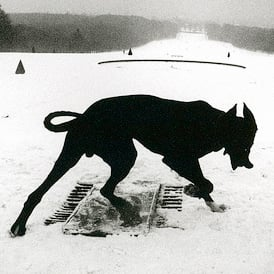

Shooter appears to be a white male, aged 20s or early 30s by the look of it. The t-shirt he was wearing is allegedly marked with branding for a firearms-related YouTube channel.
https://x.com/Shadi_Alkasim/status/1812315218258833590
Edit: Possible suspects are either Maxwell Yearick, previously arrested while demonstrating against Trump in Pittsburgh on a previous occasion, or a Thomas Matthew Crooks, according to the NY Post.
Hasn’t been officially ID’d yet though, so still speculation.





All the major outlets are reporting that the FBI confirms it’s him now. Very confusing, all round.
https://archive.is/20240714054831/https://www.reuters.com/world/us/fbi-identifies-thomas-matthew-crooks-subject-involved-trump-rally-shooting-2024-07-14/
https://archive.is/20240714055509/https://www.usatoday.com/story/news/politics/elections/2024/07/14/donald-trump-shooter-pennsylvania-rally/74396853007/